Controversial voting law changes in Georgia
New voting laws in the state of Georgia spark controversy, but why?
The sweeping rewrite of Georgia’s election rules represents the first extensive set of changes since former president Donald Trump’s repeated fraudulent claims following his presidential loss to Joe Biden.
Trump zeroed in on his loss in the state, even as two Democrats won election to the U.S. Senate in January, flipping control of the chamber to the Democratic party. The 98-page measure signed into law Thursday by Republican Governor Brian Kemp makes numerous changes to how elections will be administered, including a new photo ID requirement for voting absentee by mail.
Republican supporters believe the law is needed to restore confidence in Georgia’s elections, while Democrats say it will restrict voting access, especially for minority voters.
Specific details of the law include the following changes: the handing out of “any money or gifts, including, but not limited to, food and drink” to anyone standing in line to vote is now a misdemeanor. The prohibition extends 150 feet from a polling place and 25 feet from any person standing in line.
Previously, one day of weekend voting was required, with counties given the option of offering more. Now, two Saturdays will be required, and counties can offer two Sunday voting days as well. Republicans point to this provision to argue they are expanding, rather than restricting, voting access.
Georgia is the only state in the nation that mandates runoff elections between the top two finishers following general elections in which no candidate achieves a majority. Like some other states, Georgia also requires runoffs for candidates who do not win a majority in a party primary. The new law shortens the time for runoffs from nine weeks to four.
Three groups filed a lawsuit late Thursday to try to block the law. The New Georgia Project, Black Voters Matter and Rise Inc., believes the law violates the First and 14th Amendments of the U.S. Constitution and parts of the federal Voting Rights Act that say states cannot restrict Black voter participation.
To start, calling this a voter suppression law is propaganda disinformation. To quickly and factually summarize this bill, it only suppresses illegal and fraudulent votes; it requires an ID to vote, which is not suppression; it is to ensure lawful, valid ballots. Also, it did not restrict voting hours; it increased the time for early voting. To prevent election influence, the original version prohibited giving water to voters waiting in line. The original rule was amended to allow poll workers to pass out water if appropriate, but not candidates or people working for candidates.
The entire basis of this law was to circumvent the claims of unlawfulness and fraudulence from the previous election. This law is in place to help guarantee no voter fraud and to make fraudulent voting acts harder during future elections. The law is also in place to protect people in line to vote, when within 150 feet of the poll, from harassment, intimidation, threats and otherwise unwanted interference. The claims of racism and voter suppression of this law are spurious and unreasonable and will most likely not hold up in court. That’s just my opinion; feel free to read the text and share yours in the comment section below.

Henry Haft is a senior and third-year Statesman satire editor. When Haft is not grilling students in interviews, he enjoys sleeping, eating and occasionally...


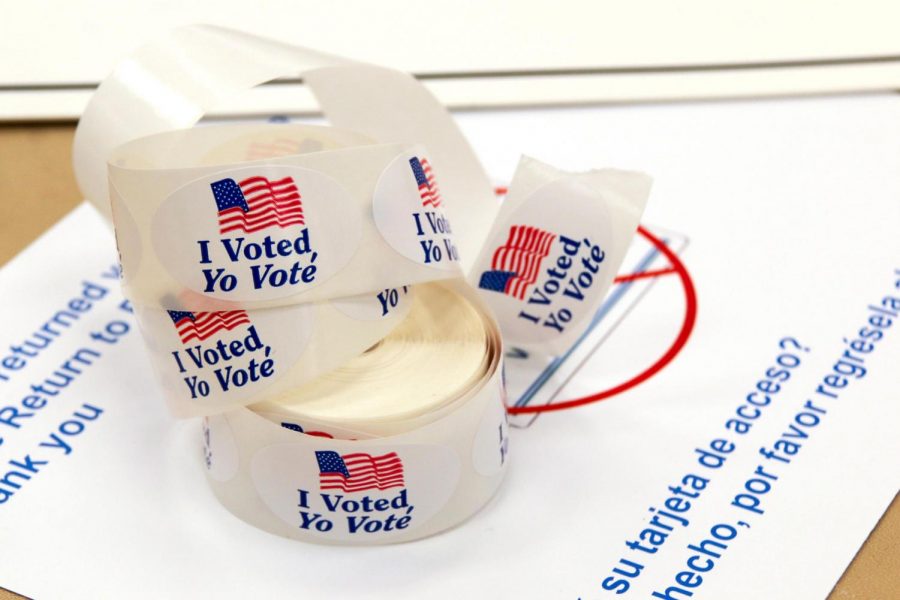

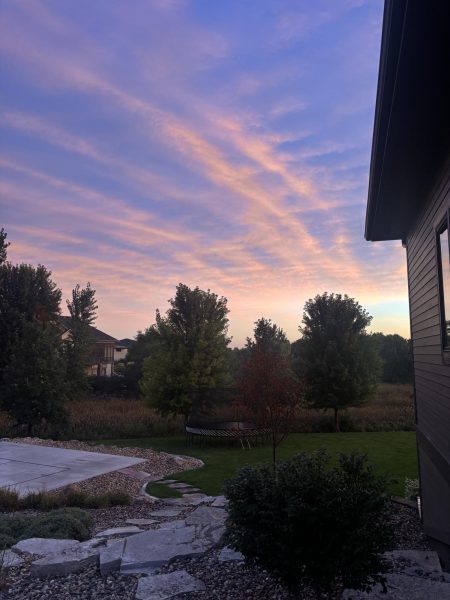
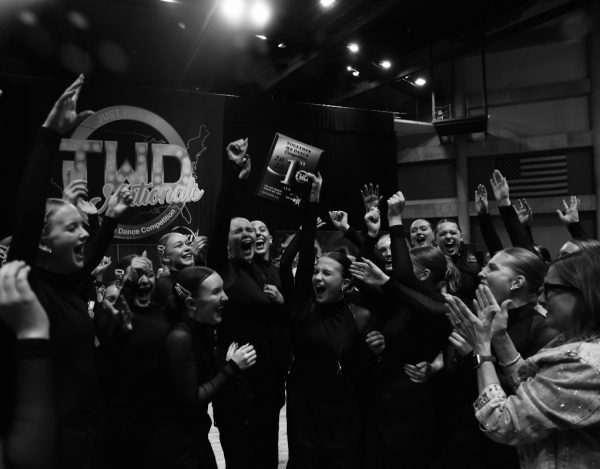
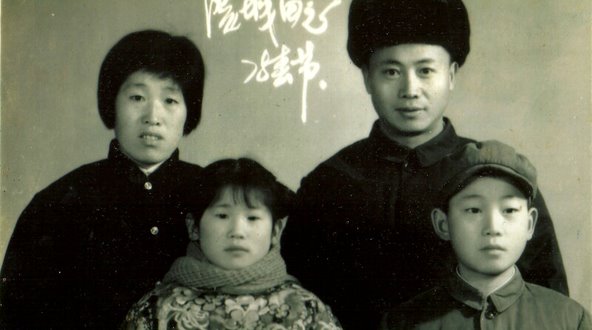
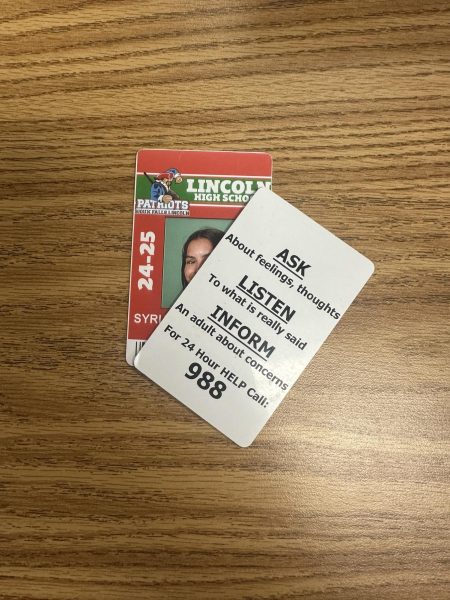
Julie Mickelberg • Apr 21, 2021 at 6:32 pm
Henry,
While I appreciate the need for fair and accurate elections, I also have seen first hand the reality of blocks citizens who are entitled and eligible to vote face when trying to obtain proper documentation for voter registration and election participation. Having run a homeless shelter for three years as Executive Director after serving as their board Vice President for four plus years prior, I personally witnessed this voter obstacle.
Homeless people often have no way to keep track of and maintain the necessary records to vote. They are often not able to obtain a driver’s license. So, they are required to obtain an official state ID. That process is further challenged by the fact that reaching the the county of their birth and having the required certified birth certificate sent to them requires a couple of essential things. One, a valid mailing address (many use Bishop Dudley House’s address). Two a fee paid for with a credit card. In addition, some of the people I worked with experienced incarceration and were falsely informed they would never vote again.
Not as simple as you may think. Fees, cognitive ability, perseverance and grit all go into getting these things lined up. Then resources being limited also comes into play.
Every American entitled to vote should have equal access to vote. Period. THAT is Democracy. Limiting people by restricting number of polling places and hours to vote also penalizes people who are working more than one job. What is the statistic on that? Many work non-traditional hours. Many don’t have time off on Tuesdays to vote.
I am ALL for LAWFUL ballots. I am also ALL for eligible voters gaining reasonable access to ballots and the voting process.
Peace,
Julie
Jackson Paslay • Apr 21, 2021 at 12:29 pm
“it only suppresses illegal and fraudulent votes; it requires an ID to vote, which is not suppression;”
According to the ACLU, ” Minority voters disproportionately lack ID. Nationally, up to 25% of African-American citizens of voting age lack government-issued photo ID, compared to only 8% of whites. States exclude forms of ID in a discriminatory manner. Texas allows concealed weapons permits for voting, but does not accept student ID cards. Until its voter ID law was struck down, North Carolina prohibited public assistance IDs and state employee ID cards, which are disproportionately held by Black voters. And until recently, Wisconsin permitted active duty military ID cards, but prohibited Veterans Affairs ID cards for voting. Voter ID laws are enforced in a discriminatory manner. A Caltech/MIT study found that minority voters are more frequently questioned about ID than are white voters. Voter ID laws reduce turnout among minority voters. Several studies, including a 2014 GAO study, have found that photo ID laws have a particularly depressive effect on turnout among racial minorities and other vulnerable groups, worsening the participation gap between voters of color and whites.” If anything, the “propaganda” you say we fall for, is, in fact, propaganda on your side that claims, without evidence, Voter I.D. laws aren’t discriminatory. Also this isn’t a thing about “keeping elections fair and secure” as pointed out by the ACLU, “In-person fraud is vanishingly rare. A recent study found that, since 2000, there were only 31 credible allegations of voter impersonation – the only type of fraud that photo IDs could prevent – during a period of time in which over 1 billion ballots were cast.” There is no “fraudulence” in the prior election as you claim; no news source backs that up anymore. Also how is giving people literal water or food “harassment.” Do you even know what harassment means? The whole idea that this is to protect “elections from fraud’ is literally false as NO gov agency has found any, and I mean, ANY evidence of voter fraud.